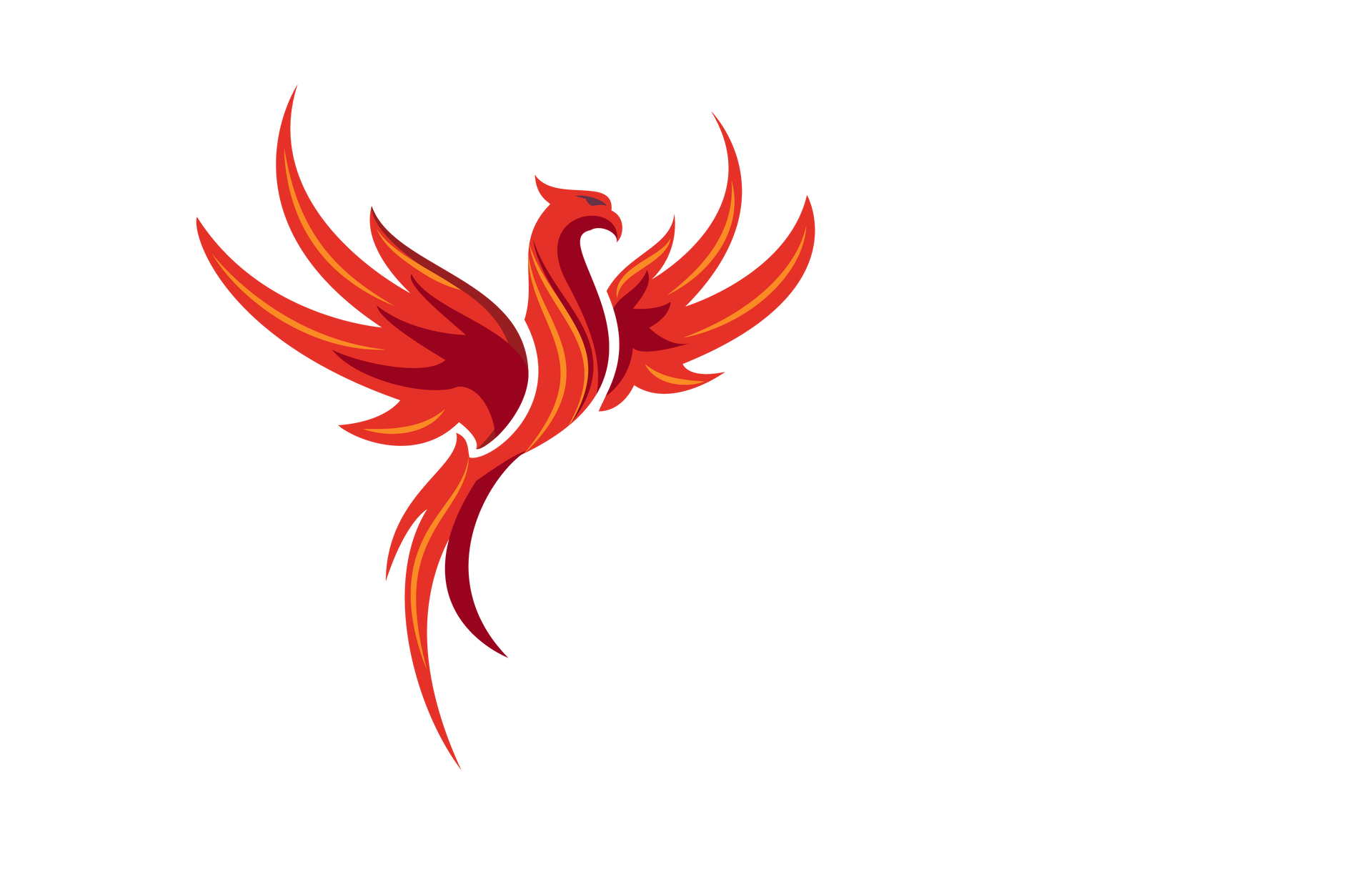Traits of Coercive Control

It's not just manipulation.
It's a psychological cage.
Coercive control is the foundation of most emotionally abusive relationships. It’s not about one explosive fight—it’s about ongoing domination through fear, shame, and control. It’s the slow dismantling of your independence, identity, and self-trust.
HOW COERCIVE CONTROL SHOWS UP
- They isolate you: Slowly but surely, your social circle shrinks. You’re made to feel guilty for wanting connection outside the relationship.
- They control the narrative: Your feelings are rewritten, your past twisted, your perception blurred.
- They monitor you: Calls, texts, what you wear, where you go, who you talk to—nothing is truly yours anymore.
- They undermine your confidence: Through passive/agressive comments, coercive criticism, mockery, or “helpful” suggestions, you begin to shrink.
- They reward compliance, punish autonomy: If you obey, things are “good.” If you push back, emotional chaos erupts.
WHAT COERCIVE CONTROL SOUNDS LIKE
They make passive-aggressive comments about your family, friends, or things you enjoy doing to discourage you from wanting to spend time with any of them.
They roll their eyes when you're trying to share your feelings or explain why they hurt you.
They make facial expressions or subtle comments towards what you're wearing to discourage your efforts to look good.
They make derogatory comments towards you that are masked as "jokes" or "just trying to help."
Why Coercive Control Works
Because it doesn’t look like abuse.
It looks like concern.
It looks like “just being protective.”
It looks like attention & love.
But love doesn’t slowly erase who you are.

